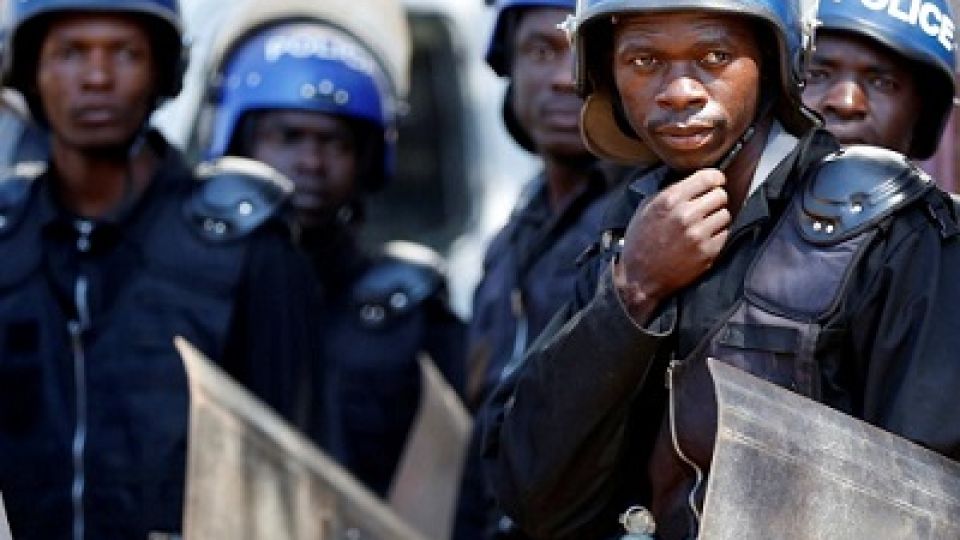from MARCUS MUSHONGA in Harare, Zimbabwe
Zimbabwe Bureau
HARARE, (CAJ News) – DOUBTS are mounting over Zimbabwe holding free and fair polls on August 23 amid concerns authorities have failed to take necessary steps to ensure the general election meets international standards.
Human Rights Watch (HRW) reports the electoral process has been undermined by the adoption and use of repressive laws, the Zimbabwe Electoral Commission’s (ZEC) lack of impartiality, the Zimbabwe Republic Police’s (ZRP) partisan conduct and use of intimidation and violence against the opposition, the opposition’s lack of access to voters’ roll and impunity for individuals responsible for election-related abuses.
The 44-page report, ‘Crush Them Like Lice’: Repression of Civil and Political Rights Ahead of Zimbabwe’s August 2023 Election,” outlines a flawed electoral process threatening the fundamental rights of Zimbabweans to freely choose their representatives.
“Zimbabwe’s authorities have yet again demonstrated a lack of respect for the basic freedoms necessary for a credible, free, and fair election,” said Idriss Ali Nassah, senior Africa researcher at HRW and lead author of the report.
“The inability of many candidates to campaign freely and openly throughout Zimbabwe raises serious concerns about whether the election results will reflect the political will of Zimbabwe’s people,” the activist said.
HRW said it interviewed 28 people in April and May, including activists, journalists, opposition members, and victims of human rights abuses.
Letters with questions sent to several government agencies and the ruling Zimbabwe African National Union–Patriotic Front (ZANU-PF) party received no response, it stated.
HRW reports that authorities have weaponized the criminal justice system against the ruling party’s opponents.
Civil society activists and government critics expressed fears that the authorities intended to use the Private Voluntary Organizations Act and other laws to criminalize their activities ahead of the election.
This includes the Criminal Law Codification and Reform Amendment Bill 2022, commonly known as the “Patriotic Bill,” which took effect in July.
Politicians from the main opposition party, the Citizens Coalition for Change (CCC), have been held in prolonged pre-trial detention or convicted on baseless, seemingly politically motivated charges.
Ostallos Siziba, the party’s deputy spokesperson, said: “Right now, we cannot hold meetings in towns and cities, and we cannot go to the rural areas.”
“ZANU-PF declared that rural areas are no-go zones for the opposition, and the ruling party causes violence any time the opposition tries to venture into the rural areas.”
Rural areas have been a ZANU-PF stronghold since it gained power at independence in 1980. Critics however accuse the party of unleashing war veterans and chiefs to influence villagers to vote for the party.
In April, President Emmerson Mnangagwa said only election monitors from “friendly nations” will be invited to observe the elections.
Since then, the European Union and a joint AU-Common Market for Eastern and Southern Africa mission have been granted permission to monitor the elections.
Seeking a second term, Mnangagwa (80) faces the biggest threat from CCC leader, Nelson Chamisa (45).
Around 6 million Zimbabweans are registered to vote.
– CAJ News

